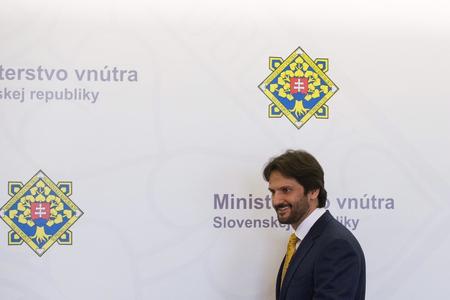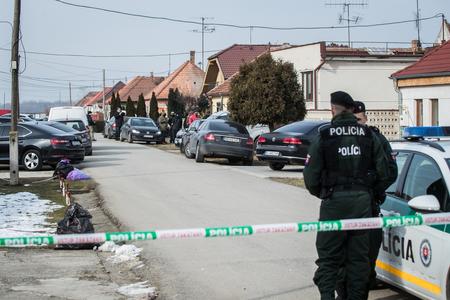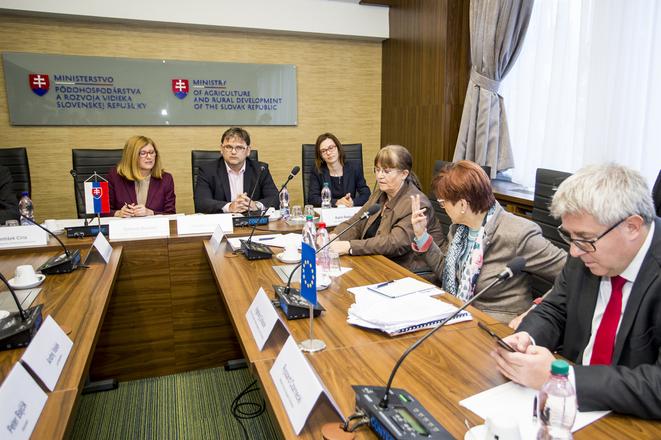Slovakia’s authorities and law enforcement bodies lack the trust of its country’s citizens. This is one of the findings of the European Parliament’s delegation which visited Slovakia on March 8-9. One of its main tasks was to investigate the suspicions raised by journalist Ján Kuciak, who was murdered together with his fiancée Martina Kušnírová in late February.
“We saw a deeply divided country in a difficult situation,” Ingeborg Grässle of the European People’s Party (EPP), chair the EP Committee on Budgetary Control, told journalists on March 9.

She confirmed that they have revealed some suspicious practices concerning EU structural funds but specific recommendations will be made only after they have prepared the report that is expected to be discussed by the EP next week.
“We see more clearly now what kind of irregularities we now have to follow up,” Grässle said. “That’s why the visit was useful.”
Following the return of the EP delegation, the EPP chair demanded the resignation of Slovakia’s interior minister, which brought a rather critical response from the members of the ruling party Smer and Slovak MEPs.
Meanwhile, Kaliňák resigned from his post on March 12.
Not the most popular of people

Among the main tasks of the six-member committee was to understand whether the murder put an emphasis on deeper issues of trust in Slovak institutions, particularly in relation to justice and in relation to alleged corruption including state corruption, said Claude Moraes of the Progressive Alliance of Socialists and Democrats, chair of the Committee on Civil Liberties, Justice and Home Affairs (LIBE).
“There are some serious issues of trust and perception to be addressed,” said Moraes, who co-chaired the delegation with Grässle, adding there are clearly some immediate issues to be addressed within government.
The delegation had a very rich programme during its two-day visit, meeting with President Andrej Kiska, Prime Minister Robert Fico, relevant ministers (including Interior Minister Robert Kaliňák) and state officials. They also met with the representatives of the police and the prosecutor’s office, journalists, non-governmental organisations and organisers of the protest that took place later on March 9.



 The delegation met also with Agriculture Minister Gabriela Matečná. (source: Courtesy of the European Parliament)
The delegation met also with Agriculture Minister Gabriela Matečná. (source: Courtesy of the European Parliament)